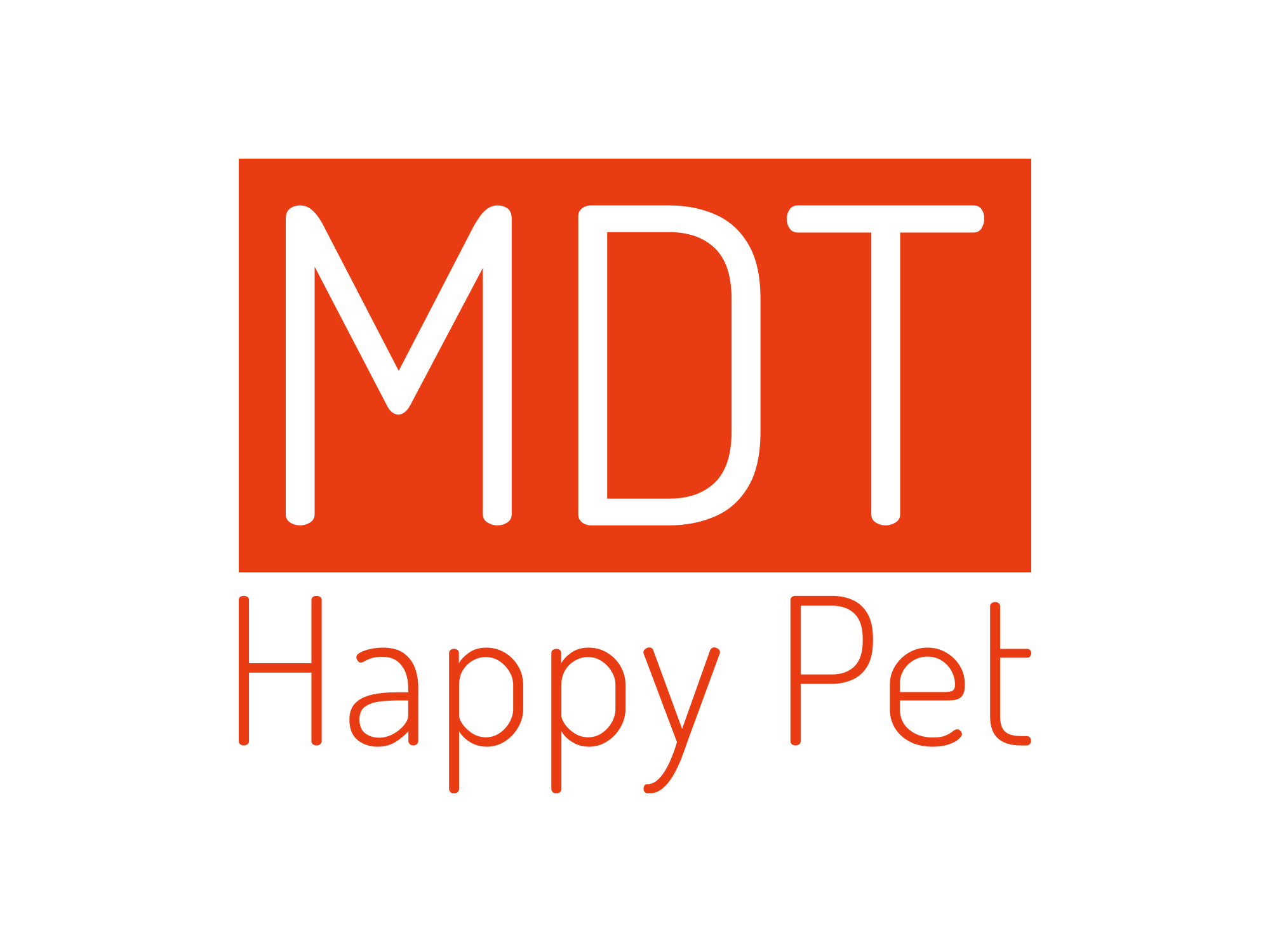
Dogs are more than just pets; they are a part of the family. As a loving pet owner, it is important to ensure that your furry friend is healthy and happy. In addition to providing your dog with love and affection, you need to ensure that they receive proper care and attention. Here are 10 essential dog health tips every pet owner should know:
Regular Vet Checkup and Vaccinations
Regular visits to the vet are essential for your dog’s health. A vet can identify potential health issues before they become serious problems. During a routine checkup, the vet will examine your dog’s eyes, ears, mouth, teeth, and skin. They will also check your dog’s heart rate, weight, and temperature.
In addition to regular checkups, your dog needs to be up to date with their vaccinations. Vaccines protect your dog from serious diseases such as rabies, distemper, and parvovirus. Talk to your vet about which vaccines are necessary for your dog.
Proper Nutrition and Hydration
A healthy diet is essential for your dog’s overall health and well-being. Your dog’s diet should consist of high-quality protein, carbohydrates, and fats. Avoid feeding your dog table scraps or human food. These foods can cause digestive problems and lead to obesity.
Make sure your dog has access to clean, fresh water at all times. Dehydration can lead to serious health problems, such as kidney failure. Always provide a bowl of water for your dog, and refill it several times a day.
Exercise and Playtime
Regular exercise is important for your dog’s physical and mental health. Exercise helps maintain a healthy weight, strengthens muscles, and improves cardiovascular health. It also helps reduce stress and anxiety.
Take your dog for walks, runs, or hikes. Play fetch or tug-of-war with your dog. Engage your dog in interactive play with toys. The amount of exercise your dog needs will depend on their age, breed, and size. Consult with your vet about appropriate exercise for your dog.
Dental Health and Hygiene
Dental health is often overlooked, but it is essential for your dog’s overall health. Poor dental hygiene can lead to gum disease, tooth decay, and bacterial infections. Brush your dog’s teeth regularly using a toothbrush and toothpaste designed for dogs.
In addition to brushing, provide your dog with dental chews, toys, and treats designed to promote dental health. These products help reduce plaque and tartar buildup and freshen your dog’s breath.
Grooming and Parasite Prevention
Grooming your dog regularly is important for their health and well-being. Brush your dog’s coat to remove loose hair and prevent tangles. Bathe your dog when necessary using a dog-specific shampoo.
Parasites such as fleas, ticks, and heartworms can cause serious health problems for your dog. Use a flea and tick preventative and heartworm medication as recommended by your vet. Check your dog regularly for ticks and remove them promptly.
Signs and Symptoms of Illness
It is important to be aware of the signs and symptoms of illness in your dog. These can include lethargy, loss of appetite, vomiting, diarrhea, coughing, and sneezing. If you notice any of these symptoms, contact your vet immediately.
In addition to physical symptoms, be aware of your dog’s behavior. Changes in behavior, such as aggression or anxiety, can be a sign of an underlying health issue.
First Aid and Emergency Preparedness
Accidents and emergencies can happen at any time. It is important to be prepared in case of an emergency. Keep a first aid kit for your dog and know how to administer basic first aid.
In case of a natural disaster or other emergency, have a plan in place for your dog. This may include identifying a safe place to take your dog, packing a bag with essential items, and ensuring your dog has proper identification.
Mental and Emotional Well-Being
Your dog’s mental and emotional well-being is just as important as their physical health. Provide your dog with plenty of love and affection. Spend time with your dog, and engage in activities they enjoy.
If your dog is exhibiting signs of stress or anxiety, consult with your vet about appropriate treatment options. You may also consider consulting with a professional dog trainer or behaviorist.
Conclusion and Additional Resources for Dog Health Tips
As a pet owner, it is your responsibility to ensure that your dog is healthy and happy. Regular checkups, proper nutrition, exercise, dental hygiene, grooming, parasite prevention, recognizing signs of illness, and being prepared for emergencies are all essential elements of dog health.
For additional resources on dog health, consult with your vet or visit reputable websites such as the American Kennel Club or the American Veterinary Medical Association. By following these essential dog health tips, you can help ensure that your furry friend lives a long and healthy life.
CTA
If you have any further questions about your dog’s health, don’t hesitate to contact your vet. They are the best resource for personalized advice and guidance.

